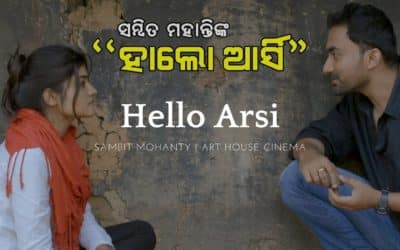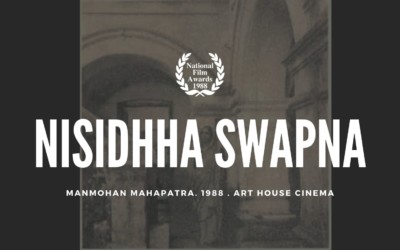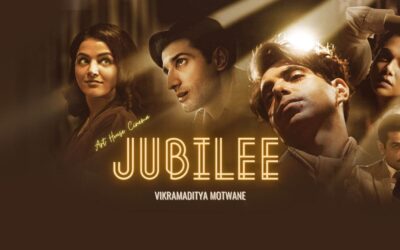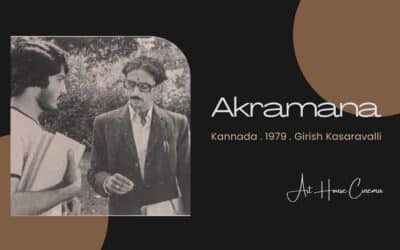Shita Rati is a 1982 Odia film directed by Manmohan Mahapatra. The National Award-winning film tells the story of the love of a young couple divided by the boundaries of class.
Cast
- Sadhu Meher
- Hemant Das
- Dukhishyam Pattnaik
- Gloria Mohanty
- Samuel Sahu
- Maheshwata
- Lila Dulali
- Madhu Kar
- Aruna Nanda
Crew
- Direction —- Manmohan Mahapatra
- Story ———-Bibhuti Patnaik, Manmohan Mahapatra
- Cinematography —–Ranjit Ray
- Music ——Shantanu Mahapatra
- Editing —- Mrinmaya Chakraborty
Story
Pranab and Aruna have been friends since childhood, and their relationship has matured into a love affair. Pranab leaves the village to study in the city. Aruna meanwhile is in difficulties, as her father is dying. To earn some money, she pawns her bangles to Ramapada After her father’s death, she gets a job as a teacher in the village school managed by Pranab’s father, Akhil Babu, who is a contestant for the sarpanch elections. When Pranab returns to the village, he meets Aruna and she asks him to come to a decision about their marriage. He is ambivalent and weak and scared of his father. When Aruna’s uncle approaches Akhil Babu about a marriage between Aruna and Pranab the father insults and humiliates him. He feels that financially and status-wise, Aruna is not good enough for his son. Akhil Babu also resents Aruna’s family turning for help to Ramapada, who is a crony of his rival, Kushan Das. To make matters worse, Aruna refuses to canvass for Akhil Babu When Aruna tells Pranab he must make up his mind, Pranab fumbles and wavers as usual, and tells her that he will be going back to the city. Aruna realizes that it is all over. She learns that a bride has been found for Pranab by his father and walks away. The illusory winter night is giving way to the clear light of dawn. The next morning, she tells her uncle that she will accept the bridegroom he has found for her. She returns to the School where the students are mechanically repeating the multiplication tables…
Commentary
This simple tale of thwarted love is hardly original, but what makes Shita Rati such a significant film is the context in which the story is set, substantiating the overriding notion of the treatment of people generally and of women especially as negotiable commodities.
There are elements of incidental interest, such as controversy over discipline in the primary school in which Aruna teaches, but more important are those in which power is seen to be wielded over others. The political context of the coming local election gives rise to the children of the village being used as pawns in a play of election promises and reflects dissent in the general community engendered by conflicting support for the candidates for power, while people are bought for their political support as in the sequence where Ramapada goes out at night to secure votes by bribery.
There was a time when Aruna might have thought of herself as an independent woman, but when her relationship with Pranab conies to an end, she reverts to a concept of herself as a commodity like any other village woman. When her mother tells her that her uncle is coming and asks what she must do about her marriage, Aruna is totally submissive and resigned to her life being arranged for her. The long shot of her walking to her school across a largely bare and barren space is an excellent visual indication of her subordination and the reduced value of her life.(Film critic Johan wood in Essential Mystery)
Trivia
- This was the first full-length feature film directed by Manmohan Mahapatra and also the first Odia film to be screened in the Foreign film festival.
Awards and Recognition
- National Award for Best Odia Film (1983)







